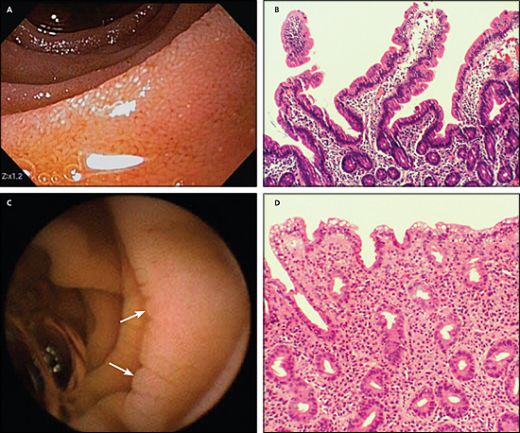
(NEWSCHANNEL 3) – Enlarged hearts are not uncommon in athletes, but experts say it’s rare when it affects someone the age of Wes Leonard, the 16-year-old who collapsed and died after a basketball game Thursday.
There are warning signs of the disease, but they’re subtle.
Newschannel 3 spoke to an sports medicine expert on Friday about the condition and how to detect it before it’s too late.
We spoke to a physician who works within the Western Michigan University sports programs. He says the condition listed by the forensic pathologist is not typical for young athletes, however there are some warning signs you may want to watch out for in your own children.
Reports say Wes Leonard died from cardiac arrest due to dilated cardiomyopathy. Dr. Robert Baker says the condition is unusual in someone so young.
“What they’re describing as dilated cardiomyopathy is not the usual cause of death for kids,” said Dr. Baker.
Dr. Baker says typically kids die from hypotrophic trouble, which means only certain areas of the heart are enlarged. the coroner’s report indicates that Leonard’s whole heart was in trouble.
“I would interpret the dilated cardiomyopathy as the entire heart enlarged,” said Dr. Baker.
Dr. Baker says further autopsy results will reveal more, but he says if Leonard was sick as reported leading up to Thursday’s game, it could have contributed.
“You could have an abnormality of the heart muscle related to infections and that’s certainly a possibility,” said Dr. Baker.
For those worried about their own children, there are some symptoms to watch for. they include; fainting, skipping heart beats, racing heart rates, blue lips or mouth or blue fingers.
“Any of those should prompt a visit to the physician for further examination,” said Dr. Baker.
Also if your child is into basketball, keep an eye on them. of the 100,000 deaths that are caused by cardiomyopathy, 45,000 of them are basketball players.
“Nobody really knows the reason for that,” said Dr. Baker, “possibly the level of cardiovascular involvement.”
If you want to be extremely thorough with your own kids, you can get them an EKG to look for anything abnormal in the heart. However Dr. Baker warns that sometimes even those tests can’t catch everything that’s going on in the body.